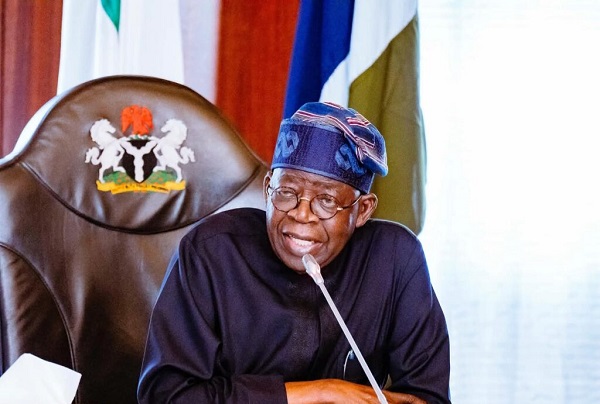The Federal Government has appointed Dr. John Nwabueze as the Tax Ombudsman, marking a significant milestone in President Bola Ahmed Tinubu’s ongoing fiscal and institutional reforms.
The appointment, announced Tuesday, is in line with the Joint Revenue Board of Nigeria (Establishment) Act, 2025 and forms part of the administration’s broader agenda to strengthen accountability, fairness, and confidence in the country’s tax and revenue administration system.
Nwabueze, an accomplished tax expert and public policy adviser from Oshimili South Local Government Area of Delta State, brings a rich mix of public and private sector experience to the role.
Until his appointment, he was the Managing Partner of a leading tax advisory firm.
He previously served as a Technical Adviser to the Joint Senate Committees on the Federal Capital Territory and Finance, as well as Technical Adviser to the Chief Economic Adviser to former President Olusegun Obasanjo.
His academic credentials include a Doctor of Business Administration (Finance) from Walden University, Minneapolis; a Master’s degree in Accounting from Strayer University, Washington, D.C.; and dual Bachelor’s degrees in Accounting and Mathematics from the University of Jos.
Tinubu congratulated the new Tax Ombudsman, expressing confidence in his ability to discharge his duties with “integrity, diligence, and utmost professionalism.”
The Office of the Tax Ombudsman, newly created under the Act, is designed to serve as an independent channel for taxpayers to seek fair and impartial resolution of disputes with tax and revenue authorities.
It will handle complaints relating to taxes, levies, customs duties, excise, regulatory fees and other fiscal matters.
According to the Presidency, the office will provide a “structured mechanism for the fair and impartial resolution of disputes between taxpayers and revenue authorities,” ensuring redress against arbitrary or abusive conduct by tax officials and improving efficiency in dispute management.
The creation of the Tax Ombudsman is seen as a major step in strengthening taxpayer confidence, improving Nigeria’s tax culture, and supporting the administration’s push to expand revenue without imposing undue burden on citizens or businesses.




